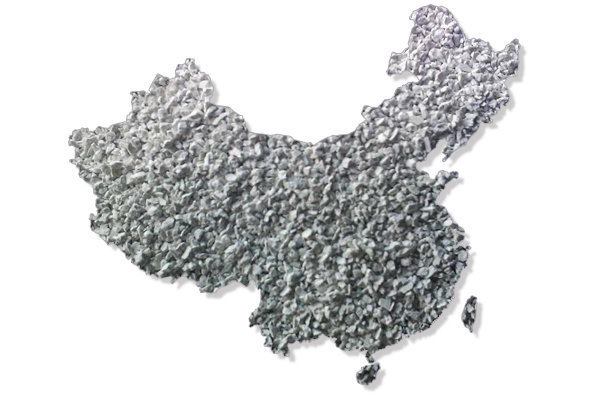Another investigation into foreign chlorine entering the U.S. market has been opened.
In a petition filed in December 2013, Arch Chemicals alleged that the increase of cheaper Chinese calcium hypochlorite is hurting its business. In response, on Jan. 7, 2014, the U.S. Department of Commerce and the International Trade Commission opened antidumping and countervailing duty investigations.
Data filed with the petition shows that 6.7 million pounds of cal hypo were imported from China in 2010, worth an estimated $4.4 million. By September 2013, 12 million pounds of Chinese cal hypo were already imported that year, a 79 percent increase, valued at $8.4 million.
“Chinese producers have also represented a growing share of global production in recent years and are expected to continue gaining ground,” Arch’s petition states. “… This high growth trend is expected to continue in coming years, and China is forecast to control a massive 90 percent share of global output by 2016.”
In addition to the dumping allegations, the petition also states that the Chinese government is subsidizing the production of the Chinese cal hypo, which could increase Chinese production and exports to the United States.
Arch Chemicals, a major cal hypo producer in the United States, also filed on behalf of another, Axiall, which is based in Atlanta.
“In addition to the pricing and subsidy issues, Arch is also aware that products are being imported into the U.S. mislabeled or misclassified to circumvent shipping and duty obligations,” according to an emailed statement from the firm. “While the latter issue is not part of the antidumping or countervailing duty petitions, it is a related issue that Arch is working to address.”
On average, fewer than 10 antidumping cases are filed each year, said Charlotte R. Lane, a Charleston lawyer and former ITC commissioner. “It’s hard to tell how prevalent it will be,” she added.
And filing a petition isn’t cheap. “It takes a lot of time, a lot of research, a lot of people involved,” Lane said. A Commerce official said it can easily cost a company $1 million to pursue an antidumping and countervailing duty investigation.
The ITC is scheduled to make its preliminary determination in February.
Arch’s petition joins another recent action to protect the pool chemical industry. Dallas-based Occidental Chemical Corp. and Clearon Corp. of South Charleston, W.Va., filed a petition last year alleging that chlorinated isocyanurates from China are unfairly subsidized, and the Japanese chemicals are being sold at a price disparity compared with domestic products.
Previously ITC imposed an antidumping duty order against chlorinated isos from China and Spain after the two companies requested an investigation in 2004. That duty order will be reviewed in 2015.
As of mid-January, the ITC had a total of 297 antidumping and countervailing duty orders in place to protect U.S. products. Of those, 121 named Chinese exports. India was named in 22 orders, the next most popular.




